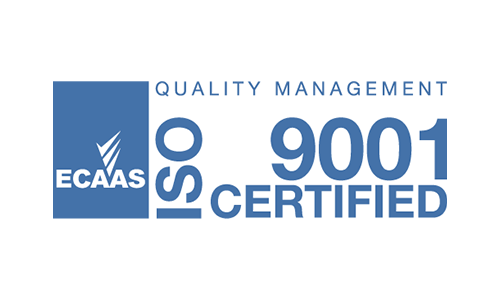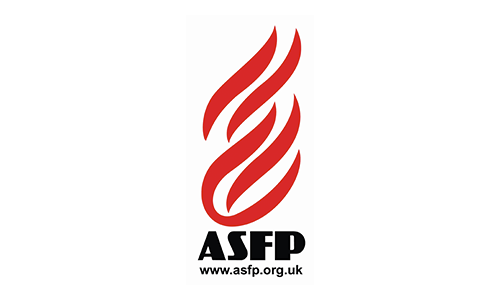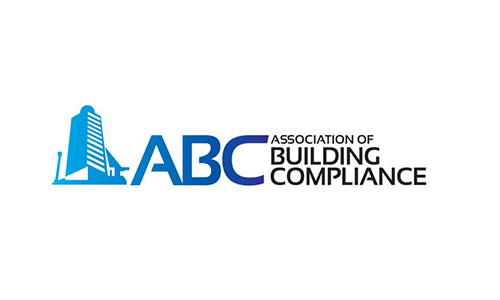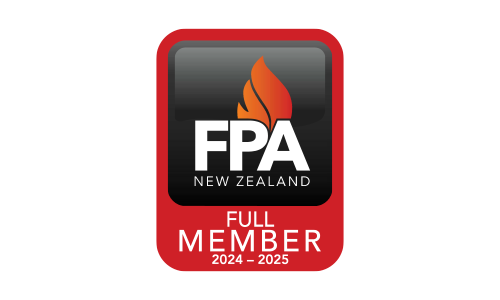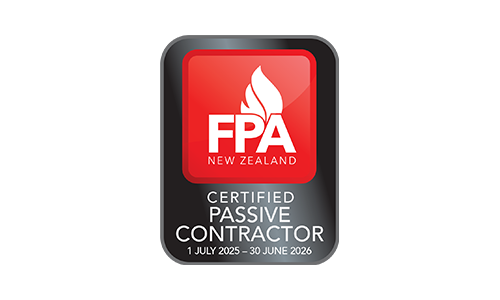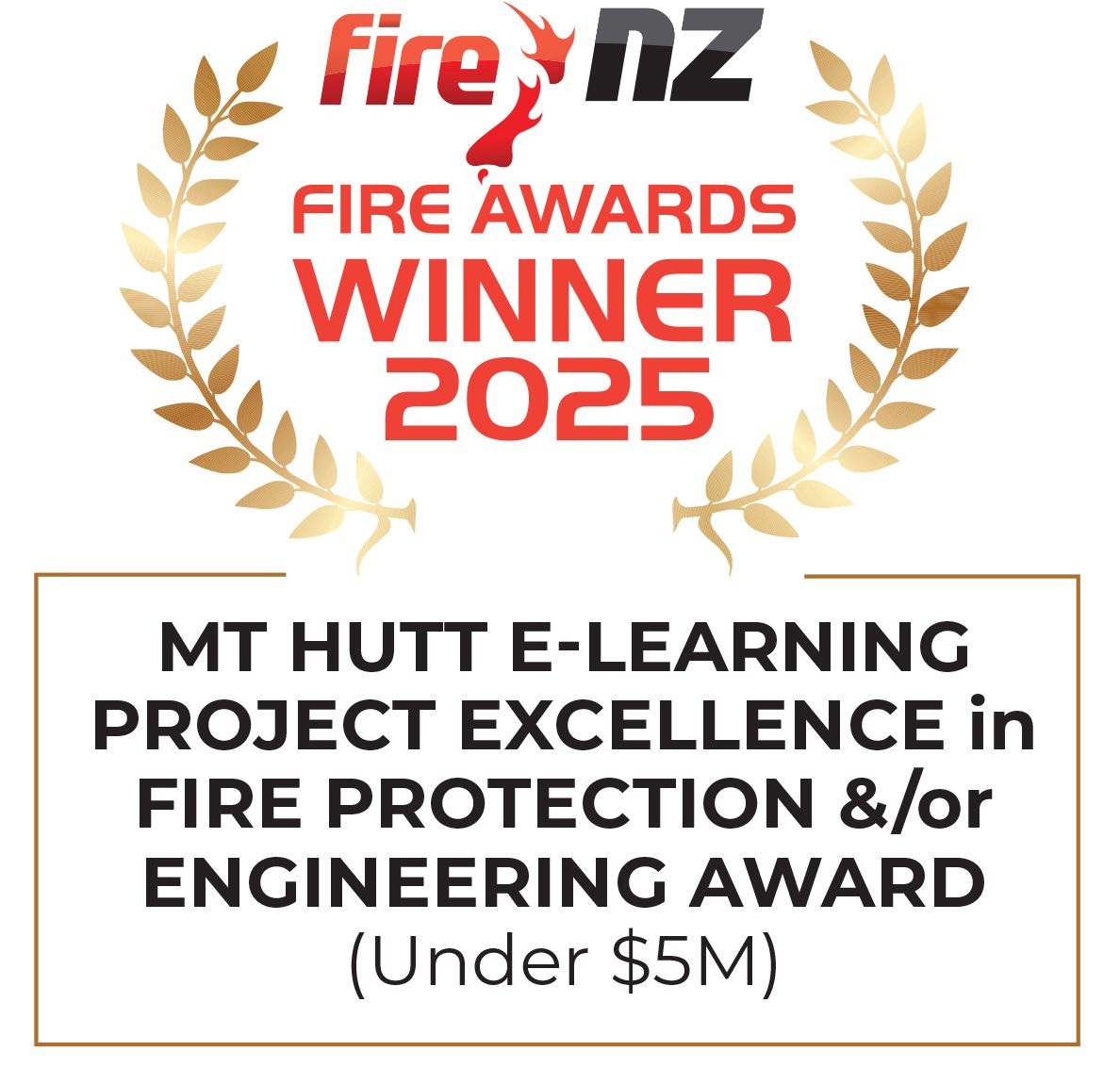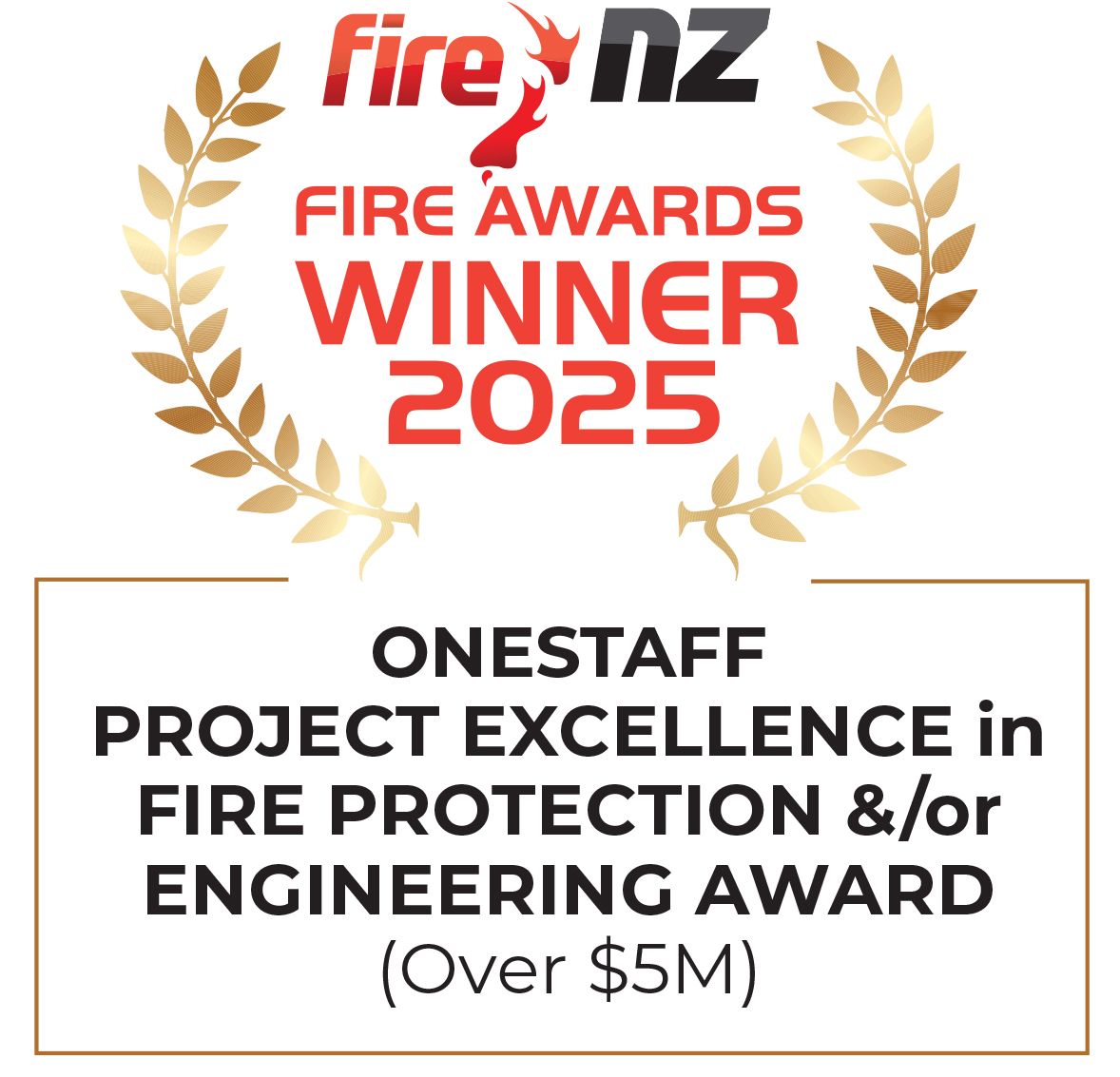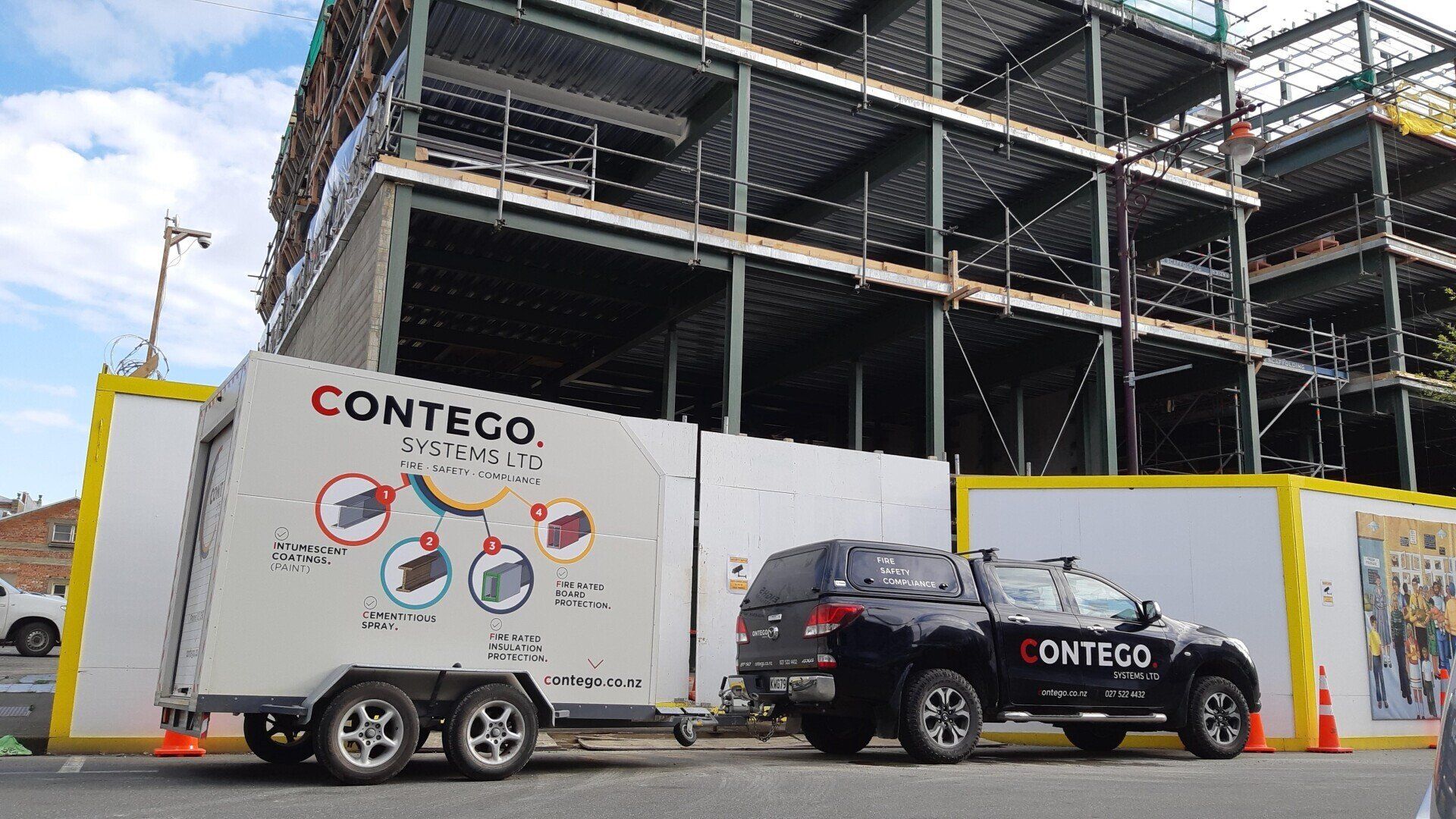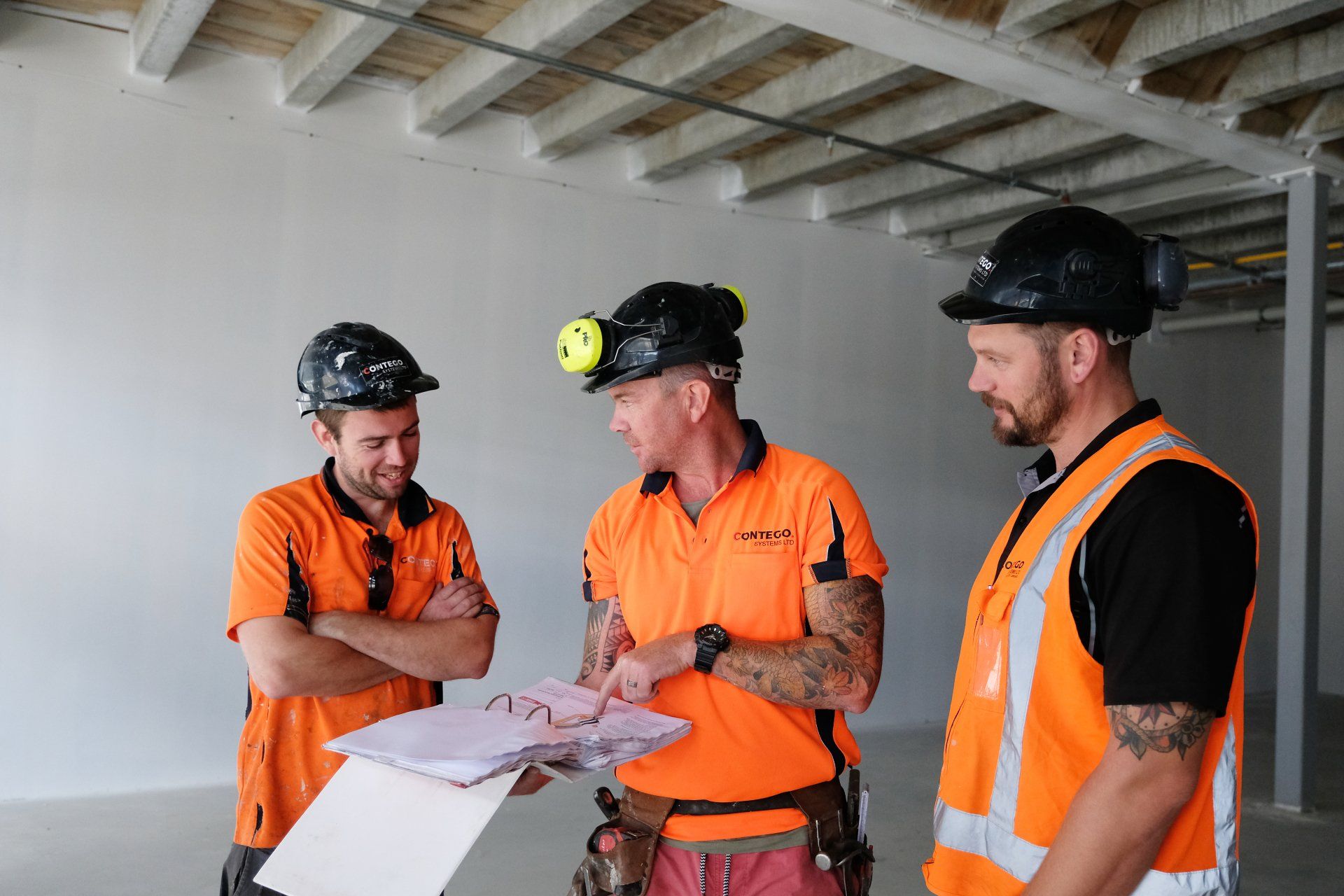Careers
Contego. Career Pathways
Kick-start your career in Aotearoa New Zealand’s Fire Protection Industry
Contego. Careers
We are always interested to hear from exceptional talent and team players. Having energetic and motivated people join our team is the best way to realise the goals of our company. While we work hard, we are also committed to the personal and professional growth of our employees and the social side of our business. Our continuous investment in staff development & training highlights our commitment to up-skill our team. We firmly believe that doing this early & constantly is the only way to ensure we are prepared & ready when growth & large scale opportunities present themselves.
Career Pathways
There are multiple career pathways possible within the Passive Fire Protection industry. We’ve outlined below an example pathway.


National Certificate in Passive Fire Protection (Routine Inspections) (Level 3)
The National Certificate in Passive Fire Protection (Routine Inspections) (Level 3) is a qualification for people who wish to achieve recognition as an Independent Qualified Person (IQP) for routine inspections and verification of continued compliance of Passive Fire Protection (PFP) in buildings in accordance with the New Zealand Building Code. PFP, together with the use of sprinklers and fire alarms, is a key component of structural fire protection and fire safety in a building. PFP attempts to contain fires or slow the spread of fire by compartmentalising the building and through the use of fire resistant walls, floors, doors, ceilings, and roofs.
The qualification comprises compulsory standards that combine the principles of fire science with skills and knowledge of PFP routine inspections. It is expected that this qualification will typically be achieved within one year.

National Certificate in Passive Fire Protection (Building Consent Inspections) (Level 4)
The National Certificate in Passive Fire Protection (Level 4) is a qualification for people undertaking non-routine inspections of passive fire protection (PFP) in buildings to assess compliance with Building Consents. PFP, together with the use of sprinklers and fire alarms, is a key component of structural fire protection and fire safety in a building. PFP attempts to contain fires or slow the spread of fire by compartmentalising the building and through the use of fire resistant walls, floors, doors, ceilings, and roofs.
The qualification comprises compulsory standards that combine the principles of fire science with more specialised skills and knowledge in passive fire inspection. This qualification builds on the knowledge and skills gained in the National Certificate in Passive Fire Protection.
Example Career Pathway
James Wade's Pathway
James was introduced to Contego via the Gateway program through Taieri College in 2022. He worked once a week during the school term and had a casual contract during the holidays. He signed up as an apprentice at the end of 2022 and joined Contego on a full time contract.
In 2023 he began working with a foreman on a one to one basis and progressed into his qualification. He's on track to quality in 2025.
Example Career Pathway
Shay Robson's Pathway
In 2016 Shay left school and started labouring. He was a trainee during 2017 - 2018. He studied for 18 month to become a qualified installer in 2019.
Shay is now a foreman, has a company vehicle and is now our company H&S staff rep.

